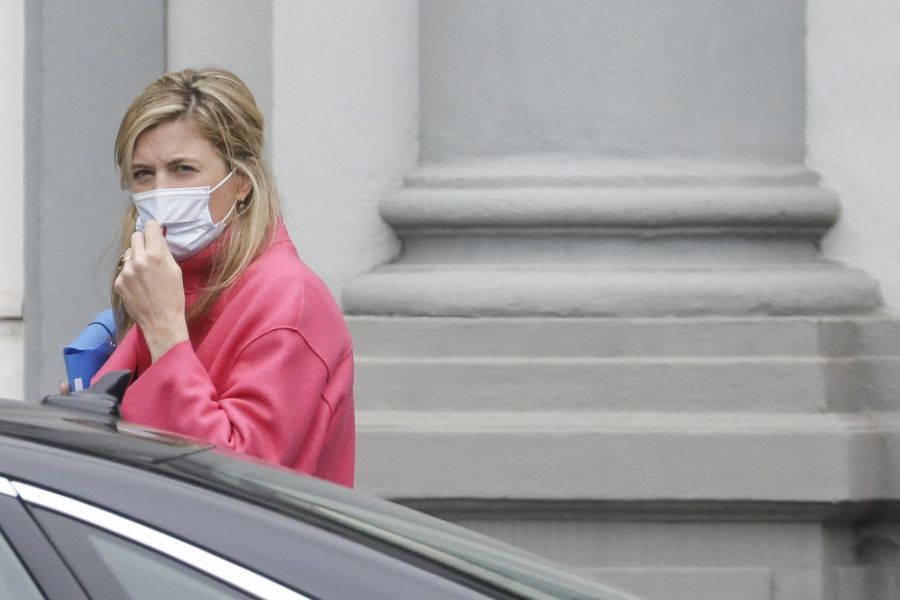Belgium's extension of current coronavirus fighting measures until 1 March is a "worst-case scenario," Interior Minister Annelies Verlinden has said amid criticism that the government did not properly communicate the change.
The new end date of Belgium's current measures on 1 March - following the publication of a new Ministerial Decree late on Tuesday night - is a "worst-case scenario," Verlinden explained on Flemish radio on Wednesday morning,
However, she immediately added that the government "certainly does not want to relax the measures too soon."
The late-night update was met with confusion as it was not accompanied by an explanation from the authorities, but the extension was not announced as "it is only a formality," she said, adding that the date of 1 March is "not set in stone."
Related News
- 'Incomprehensible': Belgium's unannounced extension of covid measures under fire
- Belgium extends coronavirus measures until 1 March
"An end date is needed so that there can be legal validity," she said. "This is in line with previous ministerial decrees, which each time involved a period of about six weeks."
This extension now means that the measures would still be in force during spring break, from 15 to 21 February, unless the situation significantly improves.
"We have deliberately chosen a date that is after the spring break," Verlinden said. "With regard to travel, we have received the explicit request to already have an indication of this, both from the citizens and from the travel agencies."
However, the possibility that changes to the measures can still be made in the meantime is not ruled out, according to her. "We have done the same with previous Ministerial Decrees."
Following criticism in the media, including from motivational psychologist Maarten Vansteenkiste, who is also a member of the GEMS expert group that advises the government on Covid-19 matters, Verlinden said that she would "think more carefully" about the way such an extension is communicated in future.
"It is incomprehensible that there has been no communication about this,” said Vansteenkiste, adding that it is “essential” people are given appropriate reason why things are happening. “Give intermediate goals and a timing to reach the final goal each time,” he added.
However, a somewhat far-away end date is better for people's motivation than announcing another extension every two weeks, according to her.
On Friday 22 January, the Consultative Committee is scheduled to meet again to assess the situation and discuss the measures in place.
Maïthé Chini
The Brussels Times

